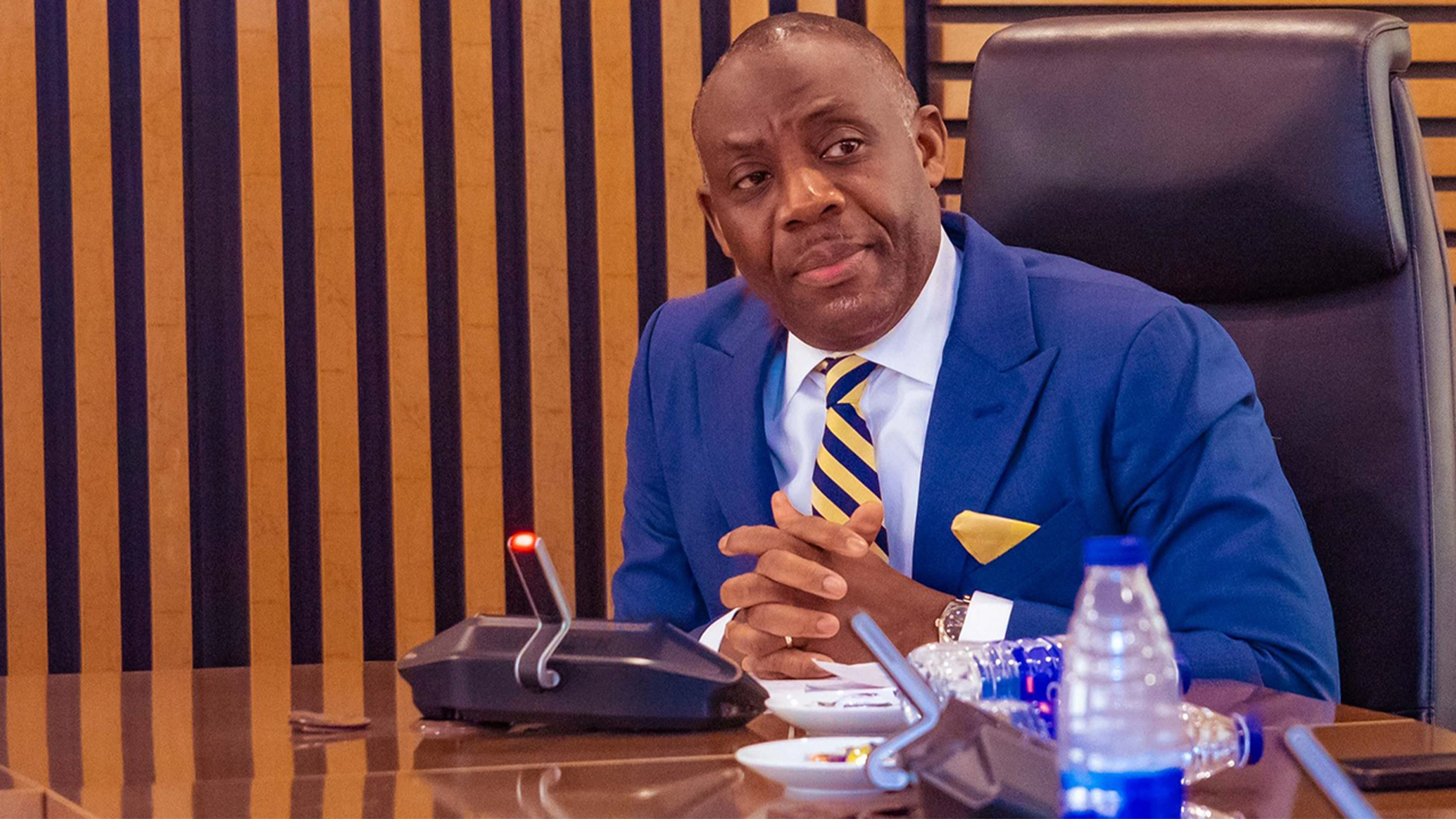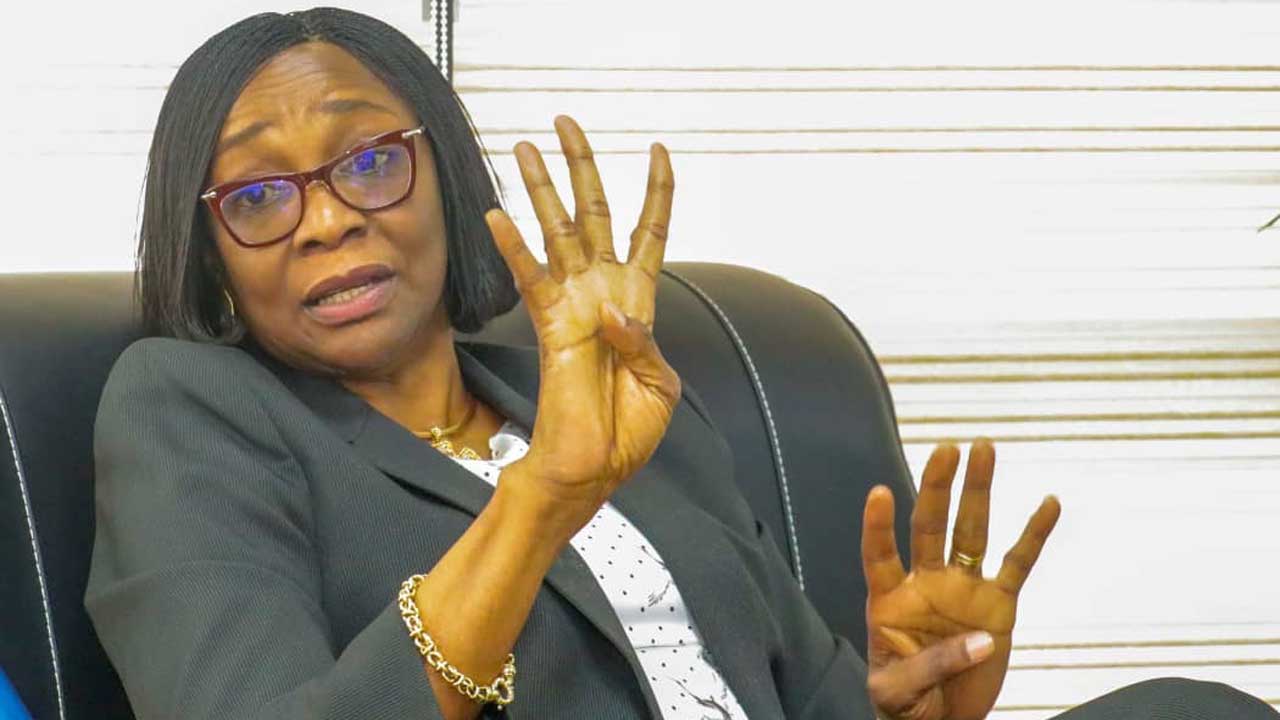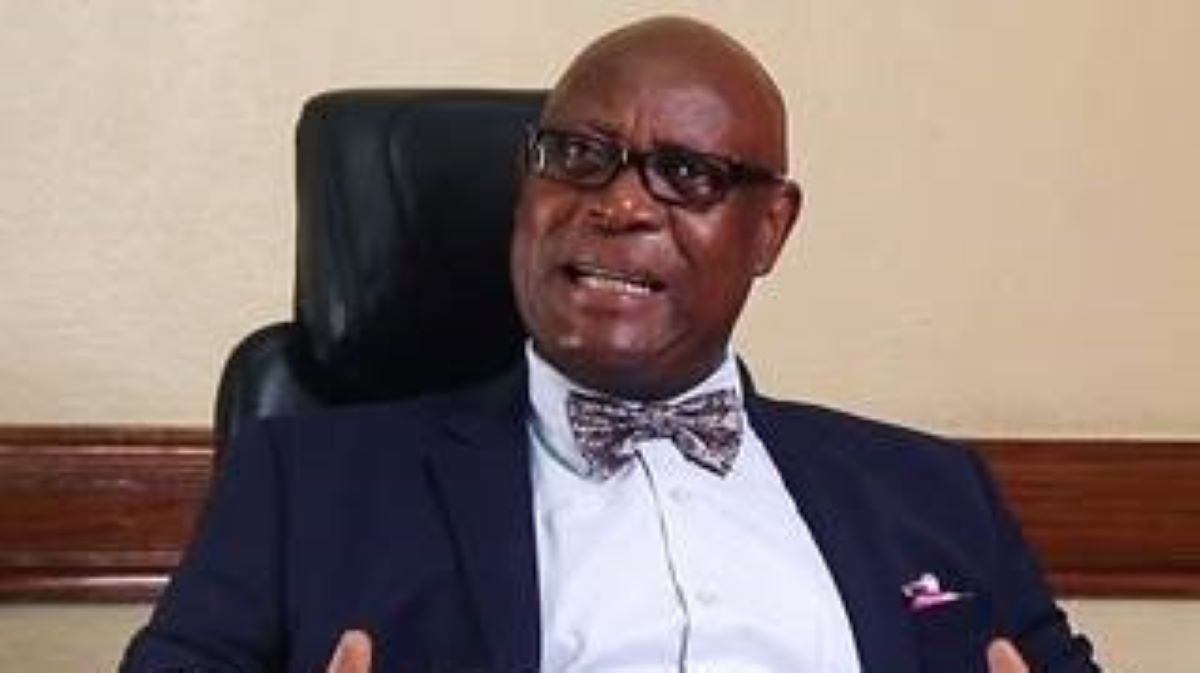The United Nations Children’s Fund (UNICEF) has declared that education remains the strongest weapon to end the cycle of poverty in Nigeria, particularly in the North-East, where millions of children remain out of school after more than a decade of Boko Haram insurgency.
UNICEF Nigeria Country Representative, Wafaa Saeed, who stated this while addressing reporters on the agency’s programmes in Borno, Yobe and Adamawa States, noted that returning children to school is urgent and critical for the survival of families and the future of the nation.
“Education is an accelerator. Even mothers who never went to school want their children to learn. Getting children back to school prevents exploitation, child marriage and lost futures,” Saeed said.
She recounted meeting Fatima, a 15-year-old mother in Maiduguri, whose baby is recovering from malnutrition at the University of Maiduguri Teaching Hospital. Although Fatima never attended school herself, she told the UNICEF team that her dream is for her daughter to complete her education.
Nigeria has the world’s highest number of out-of-school children, estimated at more than 10 million, according to UNICEF. The figure is concentrated in Borno, Yobe and Adamawa, where insurgency has destroyed schools, displaced families and left children vulnerable.
Saeed warned that the challenge is not only access, but also quality. “Three out of four children in Africa who are in school cannot read or do basic mathematics,” she said.
The UNICEF chief called for more investment in safe classrooms, teacher training, and new approaches such as conditional cash transfers for poor families, solar-powered schools and digital learning partnerships.
On nutrition, she stressed the importance of the first two years of life, describing them as decisive for growth and brain development.
UNICEF, she said, is supporting government and private sector initiatives to promote affordable, locally produced food for children under two years old.
Although recent funding cuts have affected humanitarian programmes, Saeed said UNICEF had reorganised to maximise resources and ensure continued support for vulnerable communities.
“Nigeria is showing commitment, but the scale of needs is still greater than the response. We must accelerate and scale up,” she said.
She commended young people in Borno who are promoting breastfeeding, immunisation and climate action through recycling, describing their efforts as proof of resilience and determination to rebuild society.
“Nigeria’s investment in its children will not only transform the country but also have a positive impact across Africa. Children are the future of this continent,” Saeed added.






